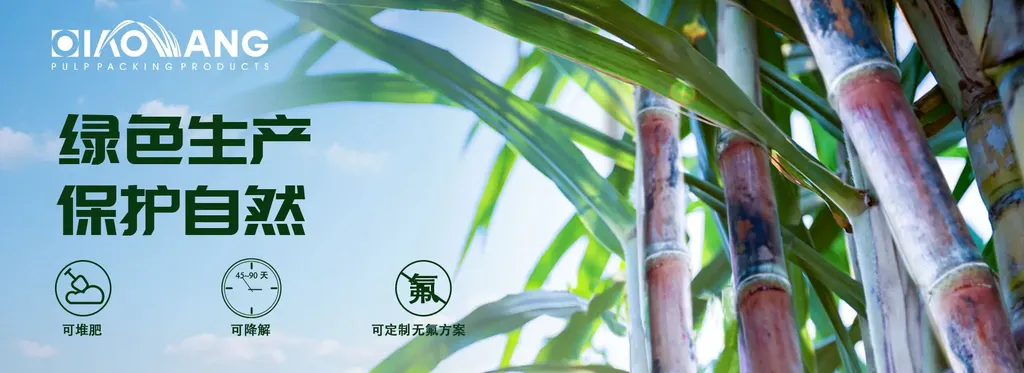In the heart of Guangxi, China, researchers are unlocking the secrets of sugarcane, a crop that could very well shape the future of agriculture and bioenergy. A recent study published in *Industrial Crops and Products* by lead author Dongdong Wang of the State Key Lab for Conservation and Utilization of Subtropical Agro-Biological Resources at Guangxi University, sheds light on groundbreaking advancements in genomic innovation, stress resilience, and biorefinery technologies that could revolutionize the sugarcane industry.
Sugarcane, a staple crop with global significance, has long been constrained by its genomic complexity, susceptibility to environmental stresses, and inefficiencies in biomass conversion. However, the latest research is paving the way for overcoming these barriers, potentially transforming sugarcane into a multipurpose crop that supports sustainable agriculture and a circular bioeconomy.
One of the most promising developments highlighted in the study is the use of CRISPR-based precision breeding and marker-assisted introgression. These techniques are not only enhancing genetic resource preservation but also improving the crop’s resilience to environmental stresses. “The integration of agroecological innovations, such as sensor-based cultivation and biophysical treatment methods, is crucial for enhancing yield and resource-use efficiency,” says Wang. This could lead to more robust and productive sugarcane varieties, benefiting farmers and the agriculture sector as a whole.
The study also delves into the potential of sugarcane biomass for producing biofuels, bioplastics, nutraceuticals, and other value-added products. This aligns with the growing emphasis on circular bioeconomy frameworks, where waste is minimized, and resources are used more efficiently. “The convergence of AI-driven breeding, synthetic biology, and circular economy principles offers a pathway to transform sugarcane into a multipurpose crop,” Wang explains. This could open up new commercial opportunities and markets for the agriculture sector, driving economic growth and innovation.
However, the research also identifies critical knowledge gaps that need to be addressed. These include understanding multistress adaptive mechanisms, field performance of engineered genotypes, and scalable biorefinery implementation. Addressing these gaps will be essential for fully unlocking the potential of sugarcane and advancing sustainable agriculture.
The study calls for international collaborative initiatives, such as an International Research Initiative on Genomics-guided Sugarcane Breeding, to accelerate progress in this field. Such initiatives could bring together researchers, industry stakeholders, and policymakers to drive innovation and support the development of polyploid-specific genomic tools, AI-driven phenotyping platforms, and policy frameworks that support carbon-neutral biorefining.
In conclusion, the research led by Dongdong Wang and published in *Industrial Crops and Products* offers a glimpse into the future of sugarcane and its potential to shape the agriculture sector. By harnessing the power of genomic innovation, stress resilience, and biorefinery technologies, we can unlock new opportunities for sustainable agriculture and a circular bioeconomy. The path forward is clear, and the potential is immense.

